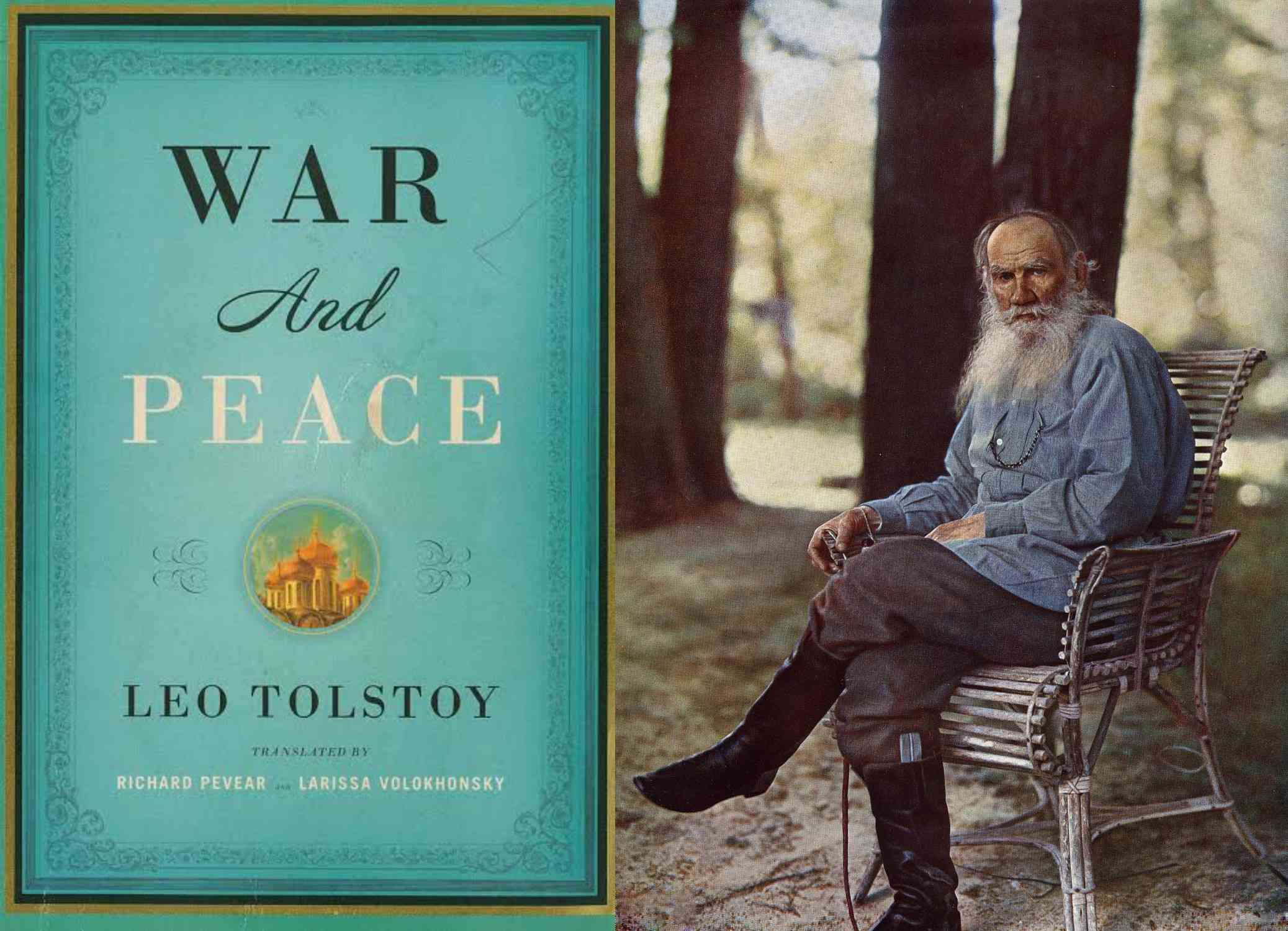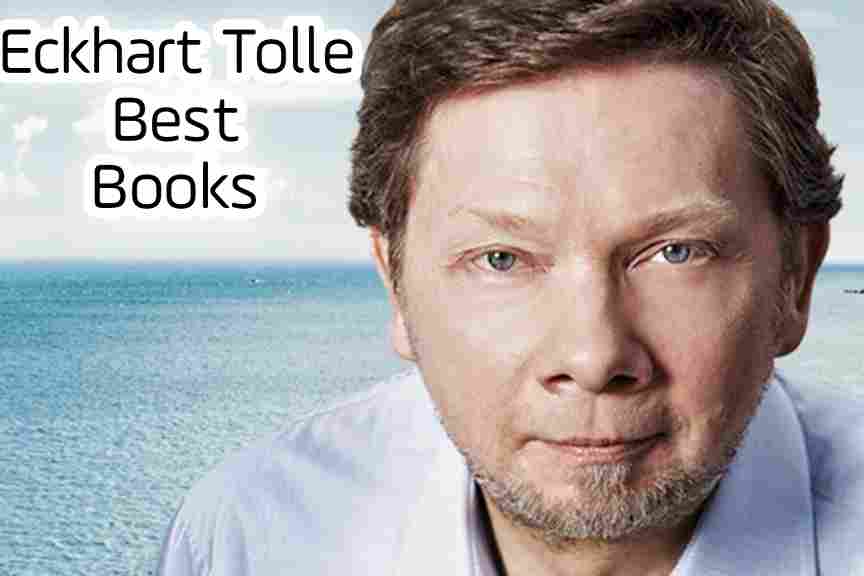2# War and Peace

Tolstoy perceived a tragedy involving all of humanity in Russia’s conflict with Napoleon. War and Peace are more than just a history book; it is an affirmation of life itself, or, in the words of one modern reviewer, “a full image” of everything that humans experience in terms of happiness, greatness, pain, and humiliation. This translation, which has been released in a new one-volume edition with an introduction by Henry Gifford and Tolstoy’s significant essay “Some Words about War and Peace,” received the personal permission of the author.
3# Resurrection

The final of Tolstoy’s significant books is Resurrection (1899). In it, a nobleman makes an effort to atone for the anguish that his adolescent philandering caused for a peasant girl who becomes a prisoner in Siberia. The story is dominated by Tolstoy’s view of redemption, which is attained through loving forgiveness and his rejection of violence. Resurrection, an intimate psychological story of guilt, resentment, and forgiveness, is also a broad portrait of Russian society towards the end of the nineteenth century, reflecting the author’s wrath at the societal inequities in the society he lived in. Explanatory comments and a lengthy preface based on the most recent research on the topic are included in this edition, which updates a classic translation.




